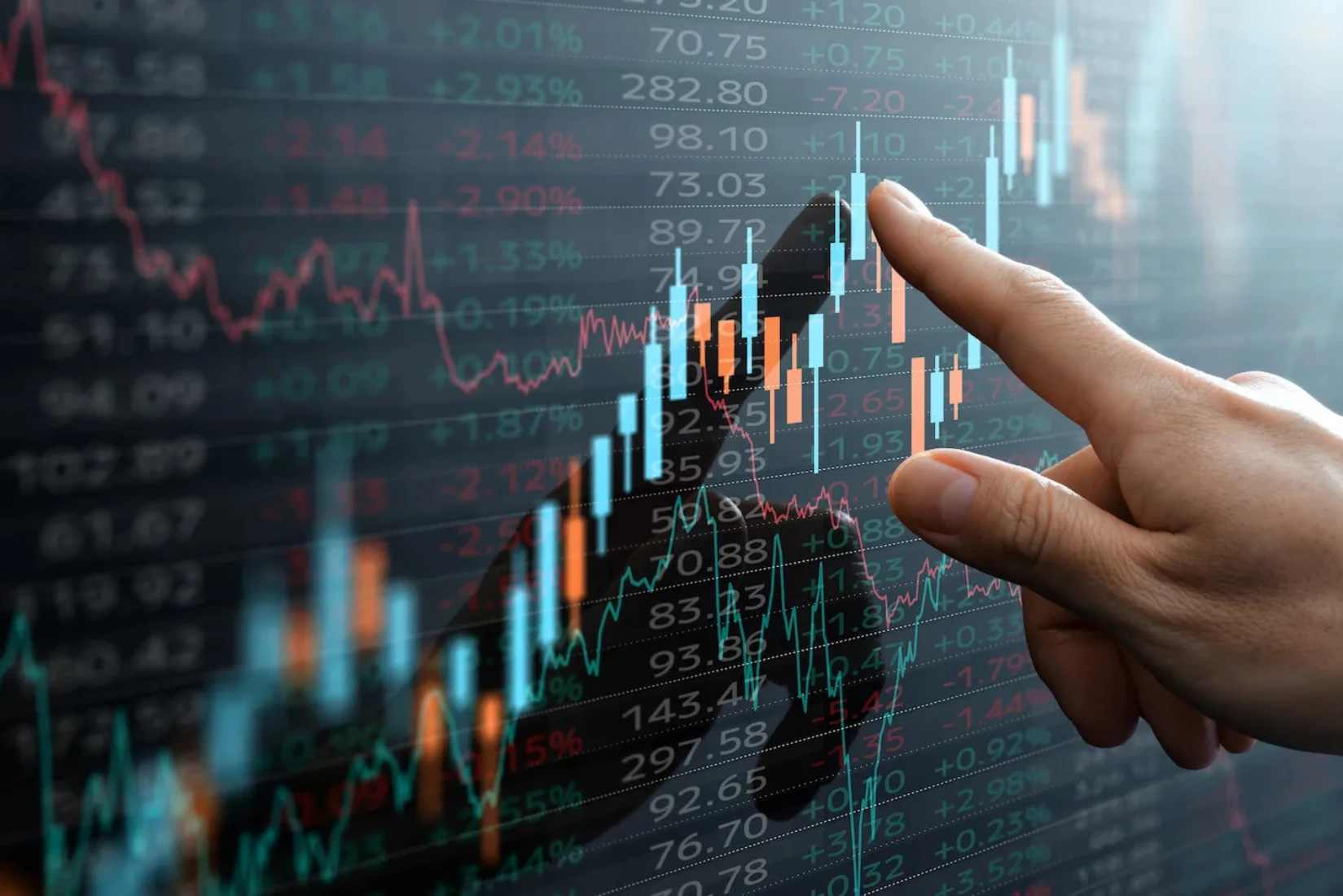Forex Legality in Malaysia: What If You Get It Wrong?
Is Forex Legal in Malaysia? What If You Choose the Wrong Path?
You’re thinking about trading forex. Maybe you’ve seen the ads, or maybe a friend swears it’s their side hustle. But then the question hits you: Is this even Forex legality in Malaysia?
Let’s play this out. Not just the official answer—but what happens if you choose one route over another. This is a what-if guide to trading forex in Malaysia—smart, simple, and scenario-based.
Forex Legality Malaysia : What If You Trade Forex with a Licensed Malaysian Broker?
You’ve done your homework. You sign up with a broker that’s licensed by Bank Negara Malaysia (BNM) or the Securities Commission (SC). You’re using a platform that complies with local rules.
What happens:
- You’re trading legally and transparently.
- Your funds are protected under local regulation.
- If something goes wrong, you have legal recourse.
- You might not get flashy leverage or instant riches, but you’re building something sustainable.
Bottom line: This is the safest and smartest way to trade forex in Malaysia.


Forex Legality Malaysia : What If You Use an Offshore Forex Broker?
You go a different route. A slick app from an international broker offers better spreads, 1:1000 leverage, and instant withdrawals. They’re not licensed in Malaysia, but they say “it’s fine.”
What happens:
- Technically, you’re in a legal grey zone. BNM doesn’t approve of this.
- Enforcement is inconsistent—but that doesn’t mean risk is low.
- If your money disappears, there’s nothing BNM or the SC can do.
- You might be fine… until you’re not.
Bottom line: It may work short term, but it’s legally unsupported and comes with major risk.
What If You Trust a “Friend” with a Forex Investment Scheme?
You skip the DIY part altogether. Someone tells you they’ll trade for you. They promise high returns and minimal effort. Maybe it’s on WhatsApp. Maybe it’s on Instagram. It feels easy.
What happens:
- It’s most likely unlicensed, and possibly illegal.
- You have no transparency and no legal protection.
- If it’s a scam, the money’s gone—and so is your “friend.”
Bottom line: If you didn’t check the license, assume you’re unprotected.


What If You Trade Both Forex and Crypto on the Same App?
You find an app that lets you do both. One click and you’re trading EUR/USD. Another tap, and you’re buying crypto. Seems convenient, right?
What happens:
- Forex and crypto fall under two different regulators in Malaysia.
- Forex is under BNM (and SC if investment-related). Crypto is under the SC only.
- If the app isn’t fully licensed for both, one side of your trades could be non-compliant.
Bottom line: Check which side of the app is legal—and which one might not be.
What If You Ignore the Rules Because “Everyone’s Doing It”?
Maybe you think, “Thousands of Malaysians use offshore brokers, and nothing happens to them.”
What happens:
- It’s true: many do, and many don’t get caught.
- But that doesn’t make it legal—or wise.
- When platforms go under, you’re not getting your money back.
- If regulators crack down, you’re on the wrong side of the law.
Bottom line: Just because enforcement is rare doesn’t mean consequences are.


What If You Actually Want to Play It Smart?
You don’t want fast money. You want long-term success and legal peace of mind.
What happens:
- You research your broker.
- You verify licenses with BNM and the SC.
- You ignore “guaranteed profit” pitches.
- You sleep better at night.
Bottom line: Caution isn’t weakness. It’s strategy.
Final What-If: What If You Get It Right from the Start?
The forex market in Malaysia isn’t a no-go zone. But it’s not a free-for-all either.
If you trade through the right channels, you’re protected. If you chase shortcuts, you’re gambling with both your money and your legal standing.
So ask yourself: What if you played it smart from day one?
Because when it comes to your money, the best move is the one that doesn’t leave you guessing.
Relevant Link : Forex Legality in Malaysia: 7 Key Truths vs Misconceptions




